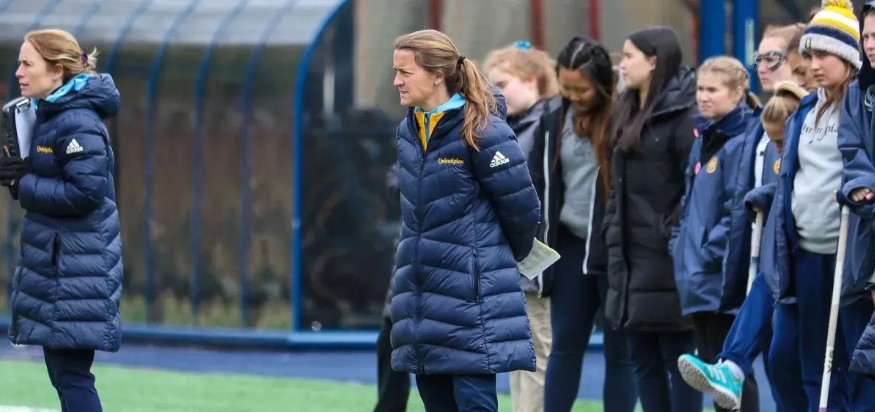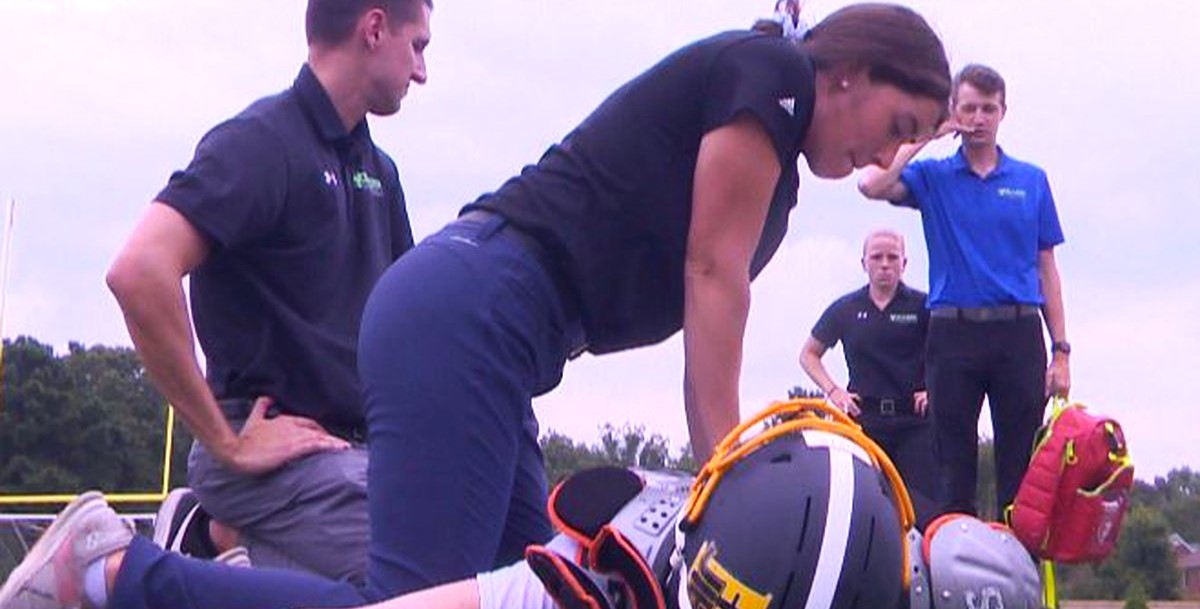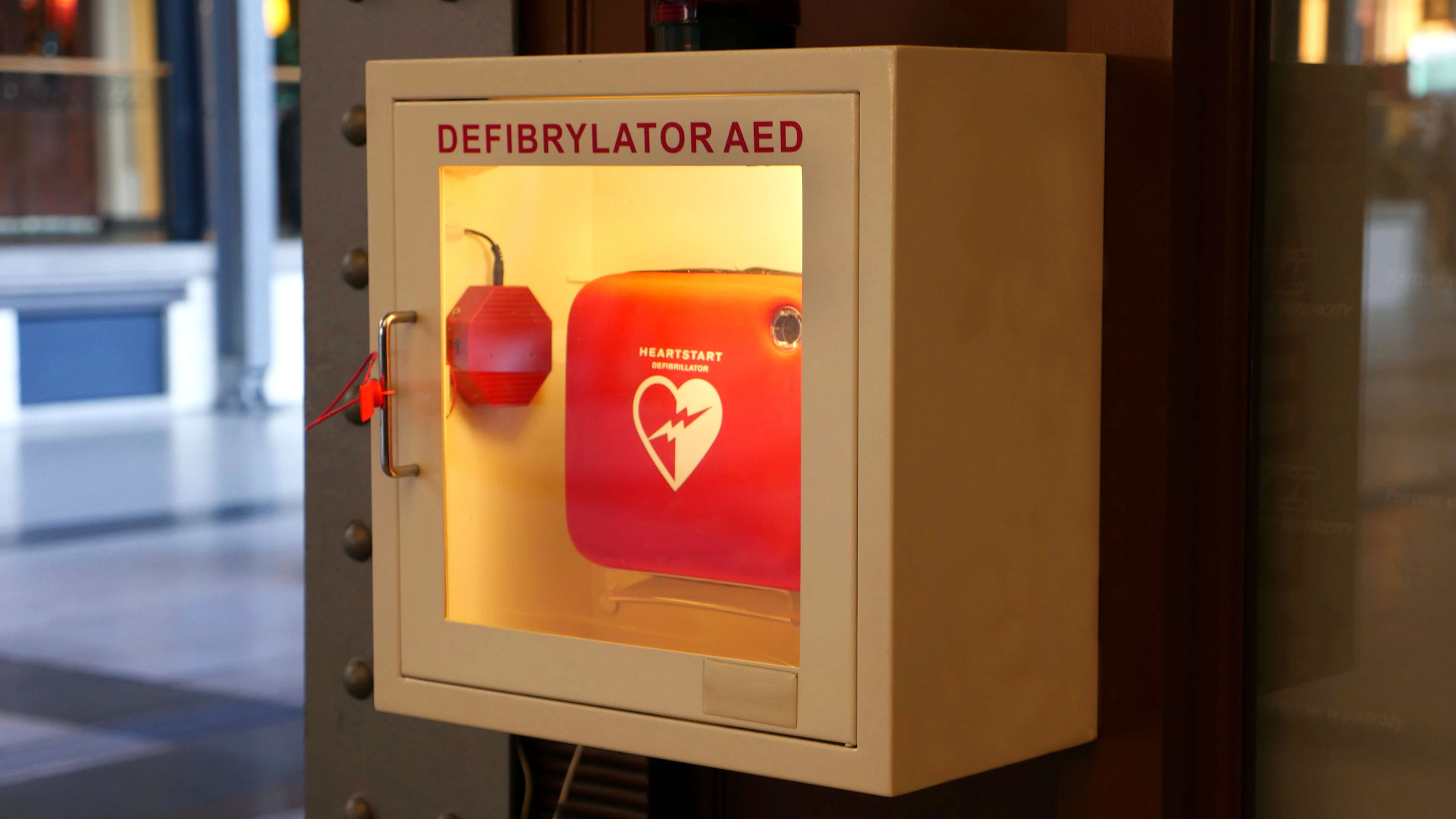Mike Locksley’s Journey: Turning Personal Tragedy into Mental Health Advocacy for Athletes
 Maryland head football coach Mike Locksley advocates for mental health awareness after a personal tragedy changed his perspective. His son, Meiko, a talented quarterback, began struggling with mental health issues while playing college football, showing signs of schizophrenia and facing various challenges, including head injuries. Diagnosed posthumously with CTE, Meiko was shot and killed in 2017.
Maryland head football coach Mike Locksley advocates for mental health awareness after a personal tragedy changed his perspective. His son, Meiko, a talented quarterback, began struggling with mental health issues while playing college football, showing signs of schizophrenia and facing various challenges, including head injuries. Diagnosed posthumously with CTE, Meiko was shot and killed in 2017. Reflecting on his initial struggles to understand his son’s condition, Locksley explained, “After a while, I got tired of feeling sorry about it and said
Reflecting on his initial struggles to understand his son’s condition, Locksley explained, “After a while, I got tired of feeling sorry about it and said
‘What’s so different than an ACL?’ My approach has been to attack it. To make it cool. To make it OK.”
Today, Locksley fosters mental health support within his team. His “three H’s” exercise — Happiness, Hardship, and Hero — allows team members to connect deeply.
“We have an open door policy when it comes to the mental health piece,” he said. “It’s real for us in our program. We talk about it a lot.”
Locksley also encourages coaches to look for signs of distress in athletes, even subtle ones, and to proactively ask,
“What’s going on? Are you good?”
Building trust is essential, he emphasized.
“These kids all want to tell you their issues. But you got to have the trust, know that you care about them, before they open up.”
Locksley’s story highlights the critical role coaches and Athletic Trainers play in athletes’ mental well-being, especially in high school sports where resources can be limited. An Athletic Trainer is another resource for athletes and their families. Another person who can spot that look. Locksley acknowledged:
“I know what that look looks like now.”
He hopes more coaches can recognize and respond to the mental health needs of athletes before it’s too late.
Read the full story in the series from USA Today.
![HR Logo [Recovered]_Full Color Vertical-1](https://blog.healthyroster.com/hs-fs/hubfs/HR%20Logo%20%5BRecovered%5D_Full%20Color%20Vertical-1.png?width=199&height=178&name=HR%20Logo%20%5BRecovered%5D_Full%20Color%20Vertical-1.png)
 By
By


